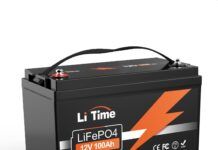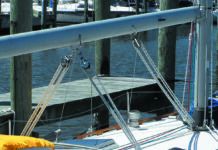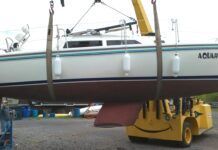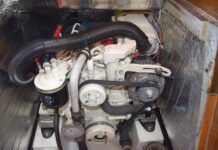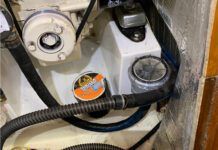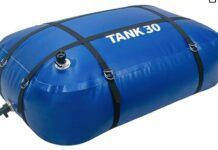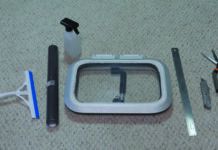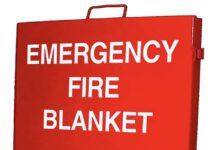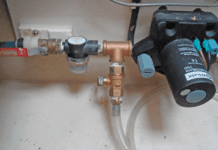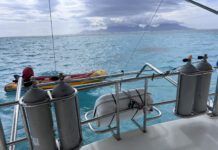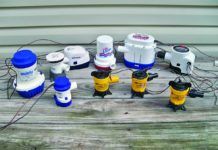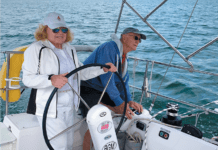1. Use an insurance agent. It is fine to do some initial price-checking online, but you likely will pay more acting as your own insurance agent. We recommend talking to marine insurance specialists who do this every day and get paid for it. They are your advocate and your liaison to the underwriter, whom they often bring hundreds of thousands of dollars in business. Shop around for an agent. Avoid folks who sound like they are operating out of a telephone boiler room with canned scripts. Ask questions and test to see how proactive and knowledgeable they are. Every boat is different, as is every owner’s needs. You want to work with someone who will work to understand your unique needs and will customize a policy for you. For this reason, we recommend working with marine specialists who represent more than one underwriter.
2. Take a boating safety course or obtain a USCG captain’s license. Most companies offer a discount for owners with additional training or certification, including membership in the Power Squadron or Coast Guard Auxiliary. The BoatUS Foundation (www.boatus.org) has a free online boating safety course that is recognized by many states, and taking it will earn you a discount at BoatUS, and possibly other companies. The USCG Operator of Uninspected Passenger Vessels (OUPV or “6-pack Captains License”) is a good certificate to get; however it does require taking a relatively expensive course, passing a test, and self-documenting your sea time.
3. Go for a higher deductible. Most companies offer a “diminishing” or “disappearing” deductible, so if you stay claims free, your deductible will eventually return to zero. You are better off not submitting small loses and using insurance only when you really need it.
4. Review your hull coverage. You boat depreciates over time, so be realistic about the worth; most owners think their boat is worth more than it really is. Couple this with a recent survey (less than 2½ years old) to verify your value assessment from a qualified marine surveyor if your boat is more than 10 years old. Many companies will not insure without it. Insurers likely also will require a detailed rig survey of older sailboats, especially those heading offshore.
5. Equipment makes a difference. Carbon monoxide and smoke detectors are relatively cheap and can get you a discount. EPIRBs, life rafts, and other safety gear can add up to more than a 10 percent discount on premiums, especially for offshore boats.
6. Policy shop every few years. You may find a better deal or a policy better suited to your needs.
7. Maintain a good credit score. Remember that your credit score can affect your premium these days, so keep it in check.








